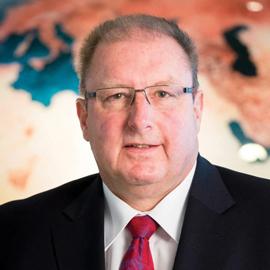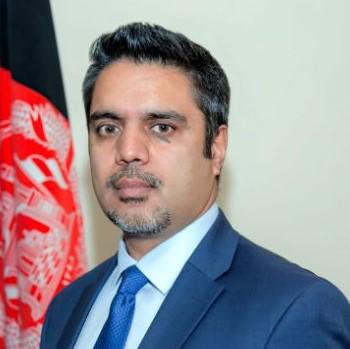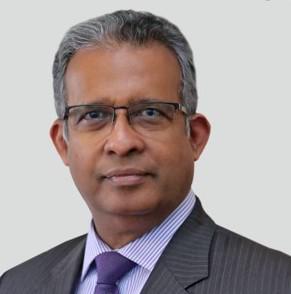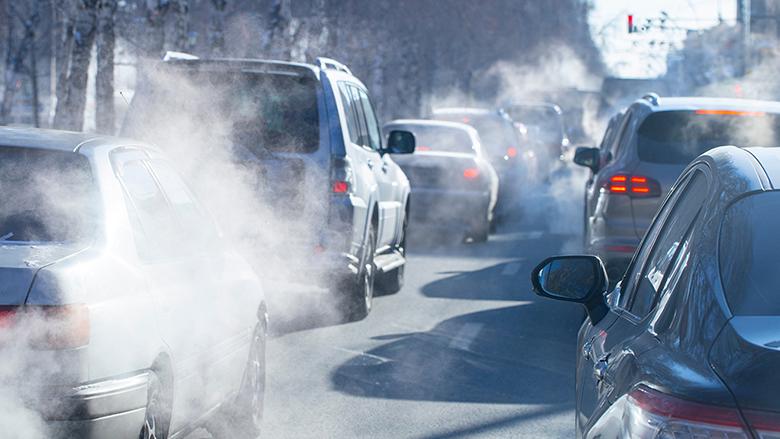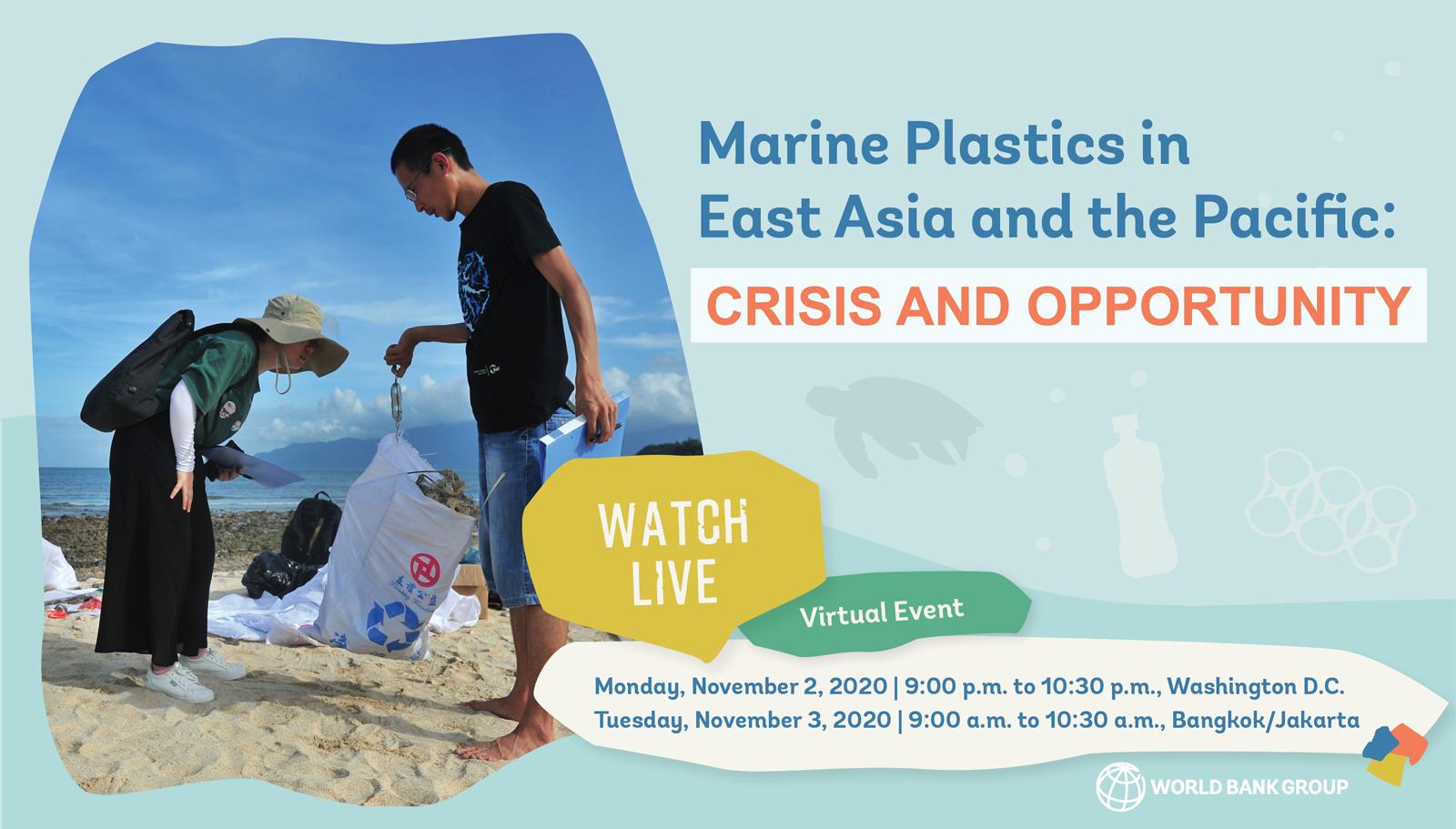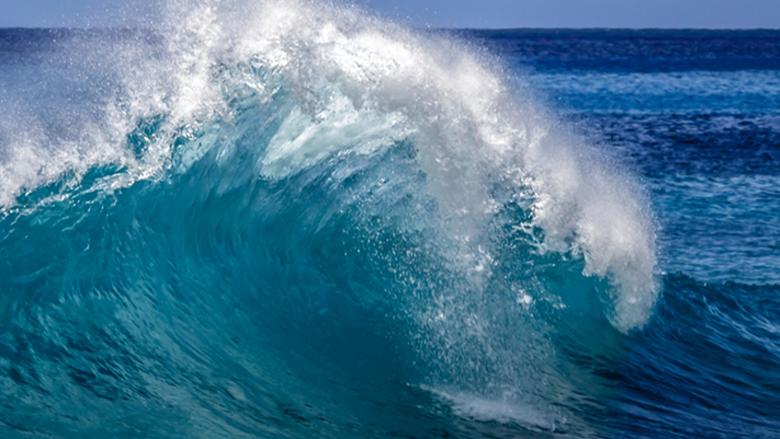Turning the Tide on Marine Plastics in South Asia

Turning the Tide on Marine Plastics in South Asia
South Asia is the third largest contributor to global plastic waste. It generates 334 million metric tons of solid waste every year. Nearly 70-80% of this waste ends up in the ocean 12% is plastic. On current trends, if no action is taken, the amount of mismanaged waste (including plastic) across South Asia is projected to double to 661 million tons by 2050, adversely affecting the region’s ocean ecosystems, livelihoods, human health, and sustainable development more broadly. COVID-19 has further exacerbated plastic pollution, with increased demand for single-use plastic and pressure on solid waste management systems.
With no single solution to this, South Asia needs a collective response to plastic pollution which is both national and transboundary in nature. The region’s two transboundary river systems—the Indus River System, which connects Afghanistan, India and Pakistan and the Ganga-Brahmaputra-Meghna River System, which connecting Bhutan, Nepal, India and Bangladesh—are among the top five most polluting rivers in the world. The rivers act like express highway for plastic pollution, and carry up to 19 percent of all plastics to the oceans.
All eight South Asian countries recognize the magnitude of the problem and are seeking collaborative solutions. In 2020, World Bank in collaboration with the South Asia Cooperative Environment Program (SACEP), all eight South Asian countries and Parley for Ocean launched the world’s first regional initiative, Plastic Free Rivers and Seas for South Asia (PLEASE), to curb marine plastic pollution and ramp up eco-innovations to reinvent plastic use and production. The program is leveraging public-private partnership, investing in innovation on circular economy solutions through competitive block grants, and is supporting development of National Action Plans by member-countries to fight plastic pollution.
Our next #OneSouthAsia live conversation will position marine plastic pollution as a critical and urgent development issue that impacts entire ecosystems and the health and livelihoods of two billion people in South Asia. Stakeholders from civil society, governments, private sector, and regional organizations will discuss policies, investments, innovations and transboundary support needed to turn the tide on marine plastics.
Learn More
Campaign: Turning the Tide on Marine Plastics Pollution in South Asia
South Asia Can Turn the Tide on Oceans Plastics
5 Reasons Why South Asia is Coming Together to Beat Marine Plastic Pollution
South Asia Ramps up Eco-Innovation to Curb Marine Plastic Pollution
What a Waste 2.0: A Global Snapshot of Solid Waste Management to 2050
#OneSouthAsia: A regional strategy to build a stronger South Asia
Browse Our Events
Event Finder
Search past and upcoming events by keyword, by topic or by region.
Search by Speakers
Browse the list of speakers for our events.



